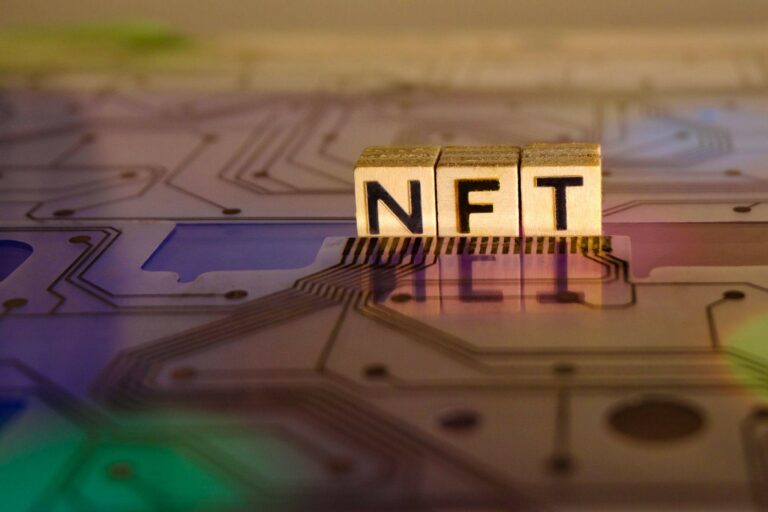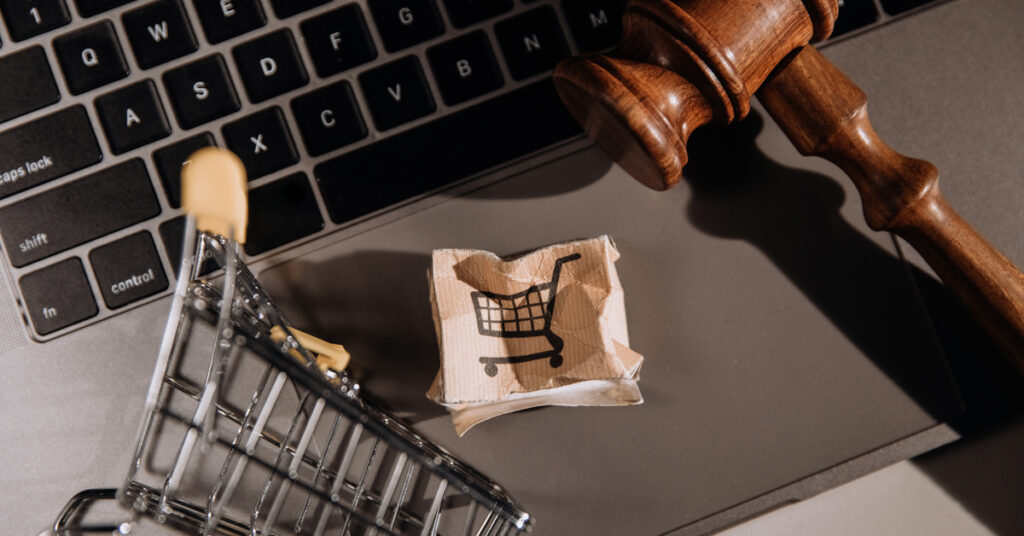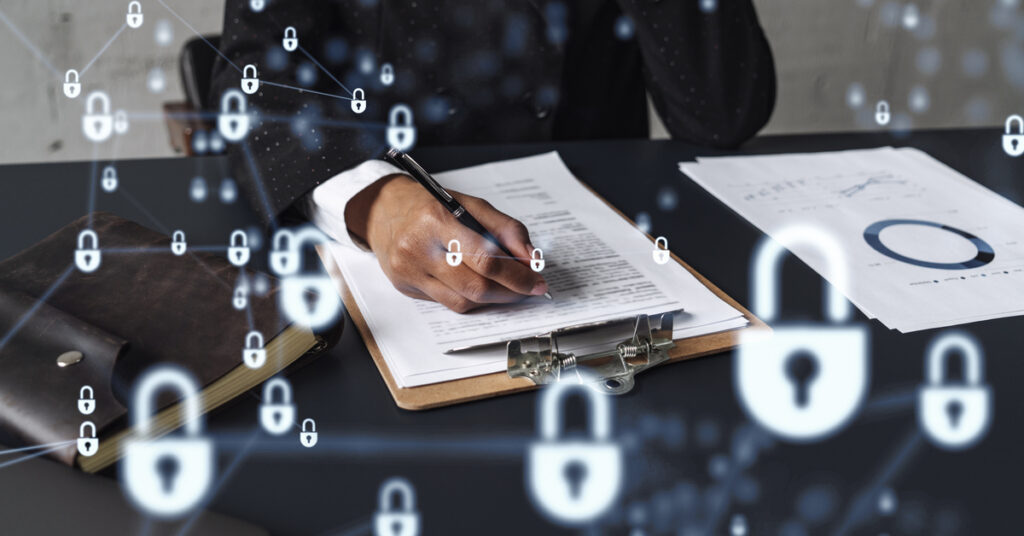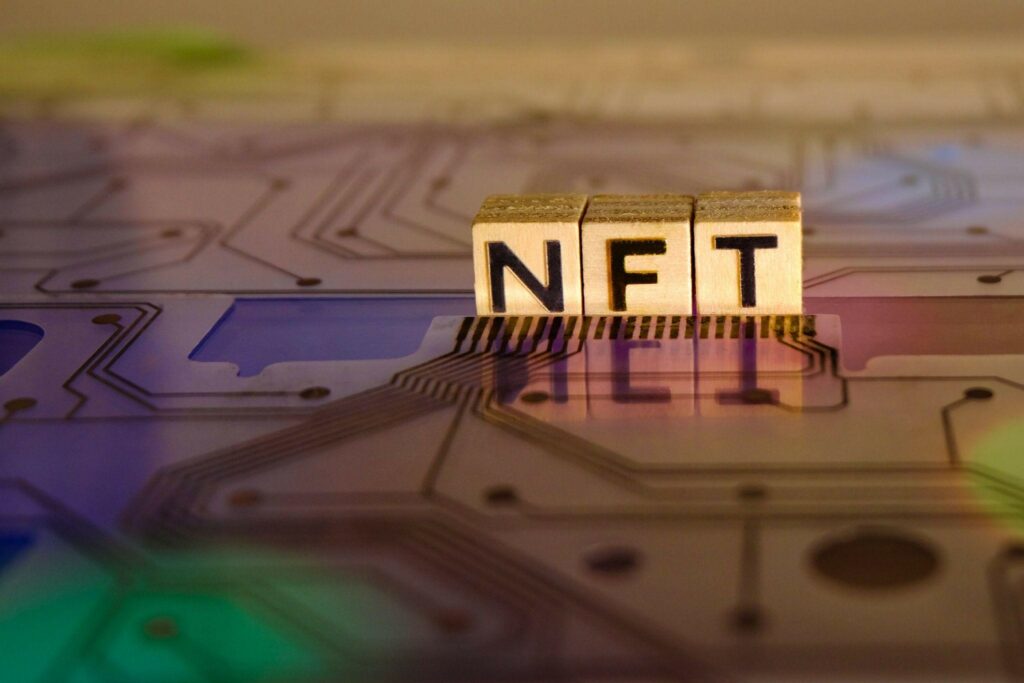In Malaysia, Non-Fungible Tokens, or NFT, have rapidly gained interest and adoption despite lacking specific legislation.
NFTs, often described as the cornerstone of the emergent metaverse landscape, represent more than just a passing trend; they signal a paradigm shift in how we understand and engage with digital ownership.
The rapid integration of NFTs has revolutionised digital commerce and art. It has also raised crucial legal considerations for businesses and consumers to navigate with caution.
Let’s dive deeper into NFT in Malaysia and the legal implications of its meteoric rise in digital art.
What is NFT?
An NFT, or Non-Fungible Token, is a unique digital asset encompassing artwork, games, footage, image or other digital format. It verifies ownership and authenticity of a particular item or piece of content through blockchain technology.
Unlike fungible assets such as cryptocurrencies (e.g. Bitcoin or Ethereum), each NFT is one-of-a-kind and not interchangeable. This is because every NFT has its digital signature that makes it impossible to be traded for one another, guaranteeing its individual value and preventing identical exchange.
NFTs have gained value as they significantly impacted the market for digital collectables and allow digital artists to monetise their work. In Malaysia, NFTs have surged in popularity as a means to commodify digital art, collectables, and other forms of creative content.
By storing data on the blockchain, NFTs provide a secure and transparent method to confirm an item’s authenticity and ownership history.
Read More: What To Know About ChatGPT and Malaysia’s Copyright Act 1987
Navigating the Legal Landscape of NFTs in Malaysia
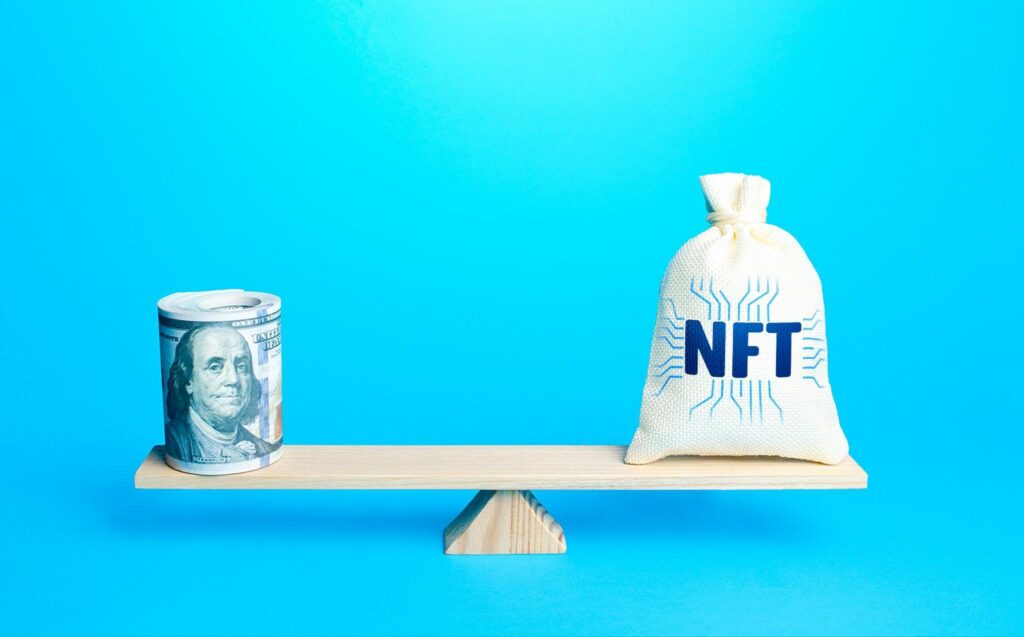
Consequently, as of now, no specific legislation in the Malaysian legal system addresses the complexities of NFTs.
This means that participants in the NFT marketplace have to be cautious and operate within the existing legal frameworks that govern:
- Digital assets
- Intellectual property
- Securities
- Consumer protection
Nonetheless, these frameworks may have implications for NFT transactions. Hence, exercising due diligence while engaging in such transactions is important.
1. Intellectual Property Considerations for NFTs
Firstly, Malaysian creators and artists must affirm their intellectual property rights before tokenising their work in the NFT space.
NFT buyer merely purchases a digital token as proof of ownership and does not automatically own the copyright of the work unless modifications are made in the contract between the parties.
In spite of that, the uniqueness of NFTs may not exempt them from the nation’s Copyright Act.
Although NFTs are unlikely to be protected since they essentially represent data on blockchains and would not constitute an original work of authorship, the fundamental work may be subjected to the Copyright Act.
Therefore, any unauthorised reproduction or use of copyrighted material as an NFT could lead to infringement claims and significant legal repercussions.
2. The Intersection of NFTs and Securities Law
Moreover, the classification of NFTs under securities law depends on their characteristics and intended use.
For example, if NFTs are marketed or structured as investment products, they may fall under the scope of securities regulations and require registration and regulatory oversight. This is particularly significant for NFT creators and platforms that offer tokens that the public may perceive as investment opportunities.
3. Consumer Protection in the NFT Market
Given the large sums of money involved in NFT transactions, consumer protection is a vital concern in this growing market.
While there is no current case law directly addressing NFTs, it is reasonable to argue that Malaysian courts would apply consumer protection laws to these transactions to protect buyers from false representations. This is because there is value attached to the NFT, and consumer protection is vital in ensuring that all transactions are conducted transparently and with due care.
4. Risks of Money Laundering and Fraud with NFTs
Furthermore, like other digital assets, NFTs could be exploited for money laundering or fraudulent activities.
Hence, NFT platforms and marketplaces should implement robust anti-money laundering (AML) and know-your-customer (KYC) protocols to supervise any illicit transaction. This could help mitigate risks and align the industry with international financial regulatory standards.
5. Upholding Data Protection and Security in NFT Transactions
In addition, the operation of NFT platforms involves collecting and processing personal user data. This inclusion in the process brings Malaysia’s Personal Data Protection Act (PDPA) into play.
Thus, NFT marketplaces must ensure they have stringent data protection measures in place to safeguard personal information against breaches and unauthorised access, maintaining the trust and confidence of their users.
Read More: 7 Must-Have Terms and Conditions for Your eCommerce Website
The Bottom Line
NFT transactions in Malaysia, though not yet explicitly regulated, fall under the purview of contract law. However, the accelerating pace of the NFT market calls for clear regulations to mitigate any legal uncertainties or risks of criminal liability.
Individuals and businesses looking to venture into the NFT space should seek comprehensive legal guidance. To find out more about NFT, digital art, and other legal frameworks, visit Sabrina Hashim & Co.

